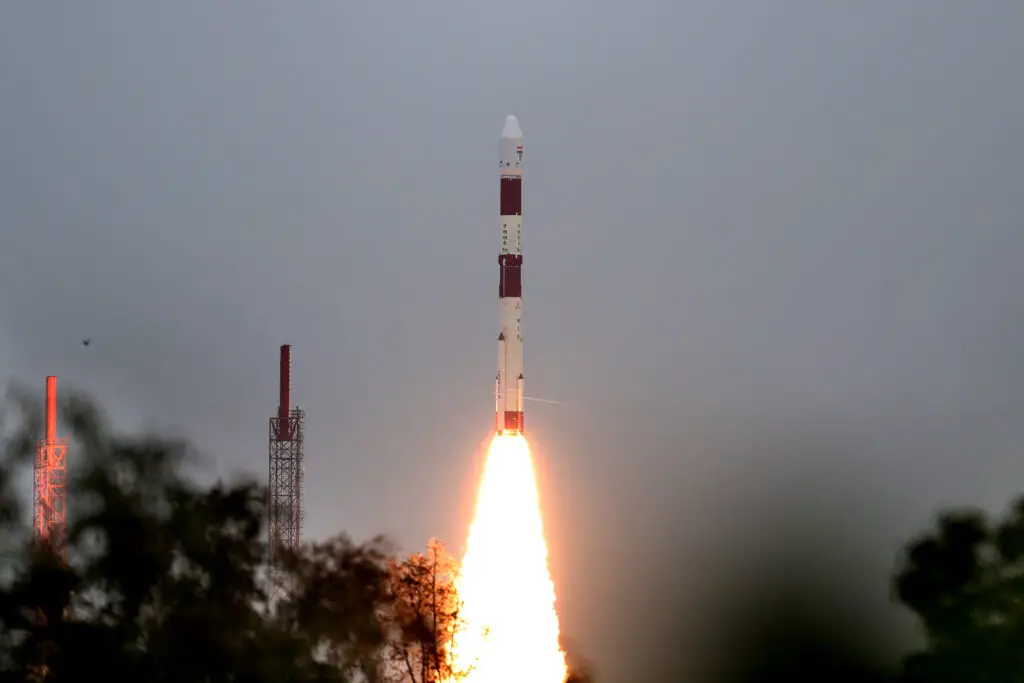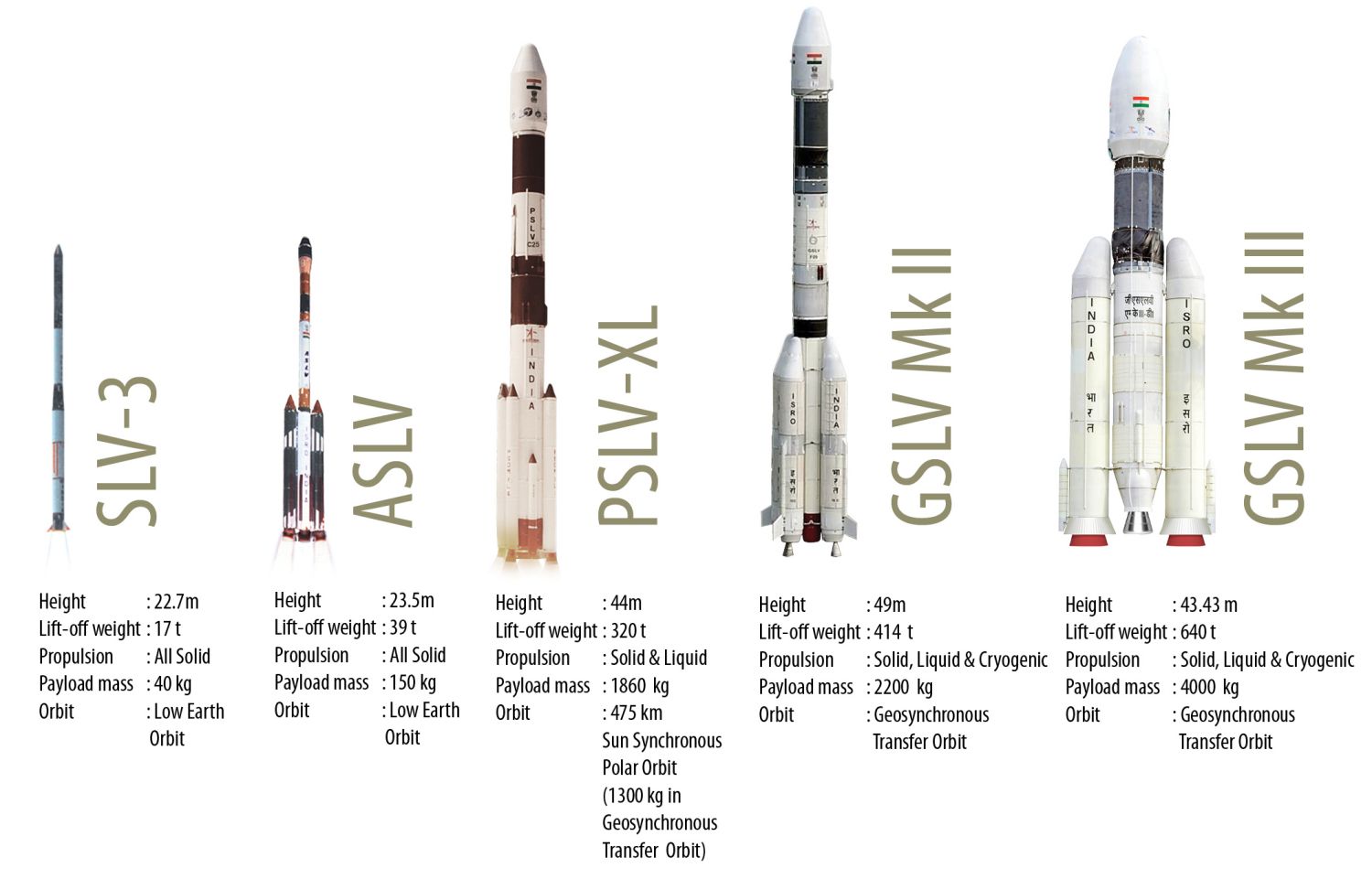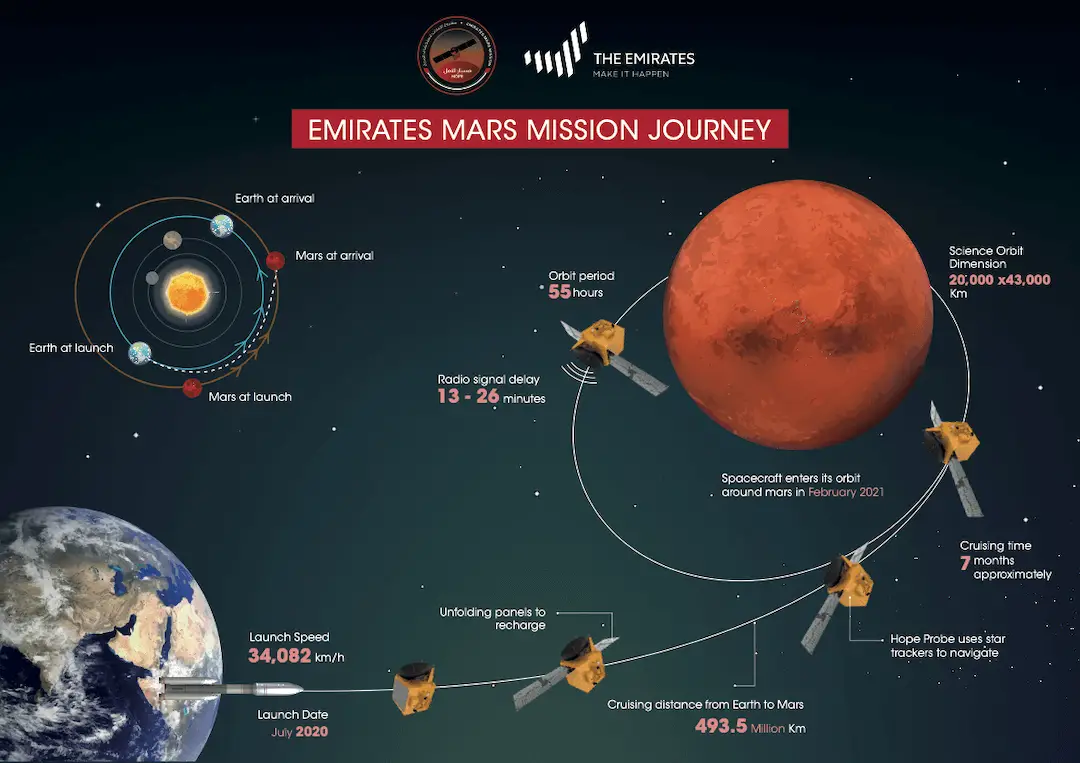Seeking to develop its own space industry, the United Arab Emirates (UAE) wants to incorporate the small, low-cost satellite launch vehicle technology currently under development in India by the Indian Space Research Organization (ISRO).
Minister of State for Advanced Sciences and Chairperson of the UAE Space Agency Sarah Al Amiri, speaking to indiatoday.com, said the two nations are exploring a wide variety of avenues in scientific cooperation.
«We spoke during the International Astronautical Congress (IAC) with ISRO, discussing different aspects that are important to both countries. ISRO offers a low-cost launch capability that we would like to explore for launching smaller satellites from the UAE,» said the UAE Space Agency chief.
India is known worldwide for its cost-effective missions to the Moon and Mars and for its success ratio in launching satellites with its indigenous launch vehicles. ISRO has a diverse range of satellite launchers, capable of lifting light or heavy payloads into different orbits.
India is part of the IAC (International Astronautical Congress) and recently participated in the space expo held in Dubai, where it showcased its launch capabilities and its progress on the upcoming maiden manned mission Gaganyaan.
«In a broader aspect of space, there is cooperation,» Sarah Al Amiri said of the relationship between the two countries. Sarah Al Amiri added that from a scientific point of view, Earth observation, agriculture and climate change are important to both countries, and that is an area where the UAE wants to exchange data. «In the meantime, Indian scientists can access data from the UAE Mars Mission,» he added.
Earlier this year, the UAE joined an elite list of countries when it successfully placed its Amal (Hope) probe into Mars orbit. The probe has been transmitting data back, observing the planet’s atmosphere.
«The probe is performing very well and, from a science standpoint, we are getting the data we expected. We have found two science observations that will have a significant impact on the understanding of planetary atmospheres. Firstly, the probe’s ability to observe auroras on Mars and secondly, the observation of oxygen concentration, which is different in the atmosphere than we had theorized,» stated Sarah Al Amiri.
The United Arab Emirates is becoming a major player in the space sector and the country has recently announced plans to explore Venus and the asteroid belt that swarms between Mars and Jupiter.
















